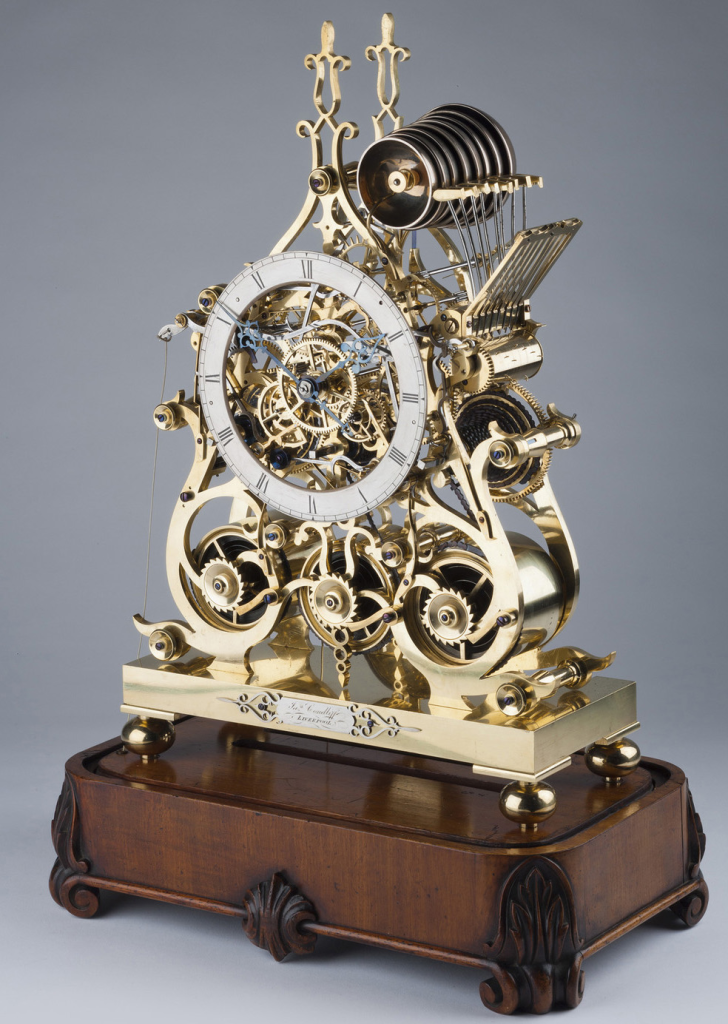In an age of digital dominance, mechanical clocks stand as living testaments to the artistry and craftsmanship of a bygone era. These intricate timekeeping marvels, powered by gears, springs, and pendulums, evoke a sense of wonder and appreciation for the beauty of mechanical precision. Let’s embark on a journey into the world of mechanical clocks and explore the reasons behind their enduring allure.
The Dance of Gears and Springs
At the heart of every mechanical clock lies a mesmerizing symphony of gears and springs. The synchronized motion of these meticulously crafted components transforms the passage of time into a visual and auditory spectacle. Watching the graceful movement of gears and the rhythmic swing of a pendulum is a reminder of the intricate engineering behind these timekeepers.
A Testament to Craftsmanship
Crafting a mechanical clock is an art form that requires a level of skill, patience, and attention to detail that is unparalleled. Horologists, the artisans of time, meticulously assemble and calibrate each clock to ensure precision and accuracy. From the intricate gear trains to the delicate escapements, every component is a testament to the dedication of the craftsmen.
Timeless Elegance in Design
Mechanical clocks come in a diverse array of styles, from ornate grandfather clocks with elaborate woodwork to elegant mantel clocks with refined finishes. These timepieces not only tell the time but also serve as exquisite pieces of furniture and decorative accents. Their timeless design allows them to seamlessly integrate into both traditional and contemporary spaces.
Connecting Generations
Owning a mechanical clock is like inheriting a piece of living history. These timepieces often pass through generations, becoming cherished family heirlooms. The act of winding a clock or adjusting its hands becomes a ritual that transcends time, connecting us to our ancestors who once tended to the same timepiece.
A Symphony of Sound
The gentle chimes of a grandfather clock or the subtle tick-tock of a mantel clock add a layer of sensory richness to a space. These sounds become familiar companions, marking the passage of time with a soothing cadence. The melodic tones of a chiming clock can evoke a sense of calm and nostalgia.
Sustainable Timekeeping
Unlike their electronic counterparts, mechanical clocks do not rely on batteries or external power sources. They are self-sustained, powered by the energy stored in their springs. This makes them not only environmentally friendly but also resistant to power outages, ensuring uninterrupted timekeeping.
An Investment in Legacy
Owning a mechanical clock is an investment in legacy. These timepieces often appreciate in value over time, becoming valuable assets that can be passed down through generations. Their enduring craftsmanship and timeless appeal make them sought-after collector’s items.
Conclusion: Where Art Meets Engineering
Mechanical clocks are more than just timekeeping devices; they are works of art that blend engineering precision with aesthetic beauty. Their enduring appeal lies in their ability to captivate our senses and connect us to a rich heritage of craftsmanship. Owning a mechanical clock is not just a possession; it’s a legacy, a tribute to the enduring artistry of horology. Embrace the elegance of mechanical timekeeping and let each tick and tock be a reminder of the timeless beauty that surrounds us.

